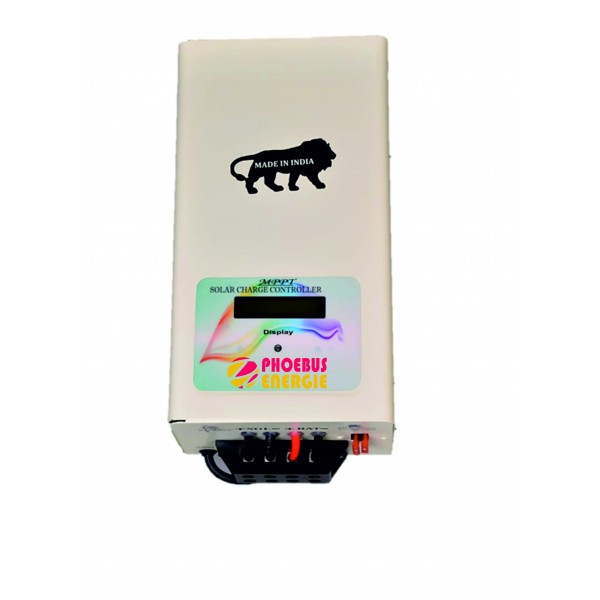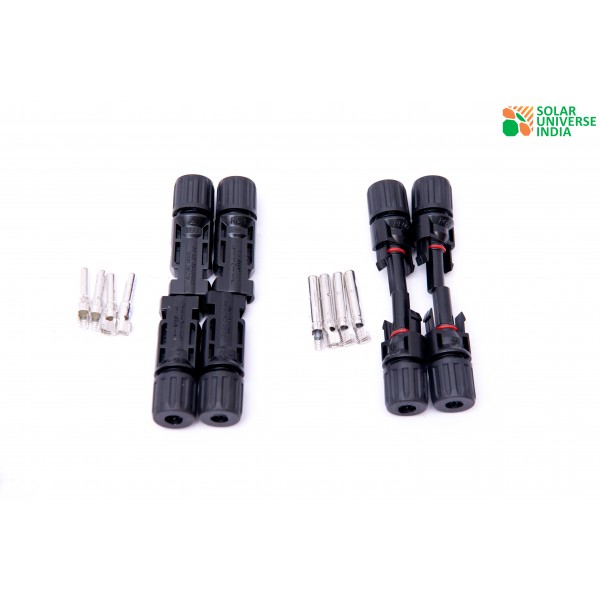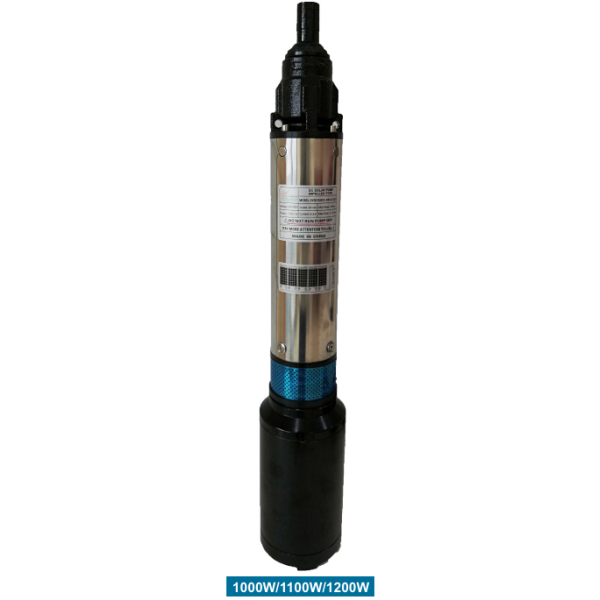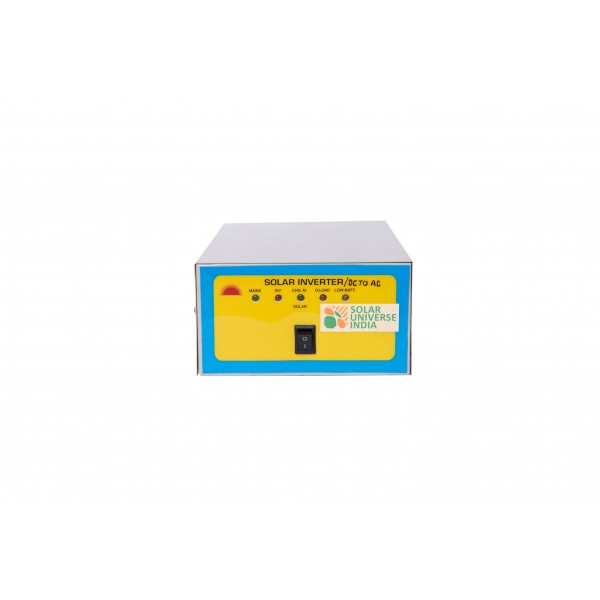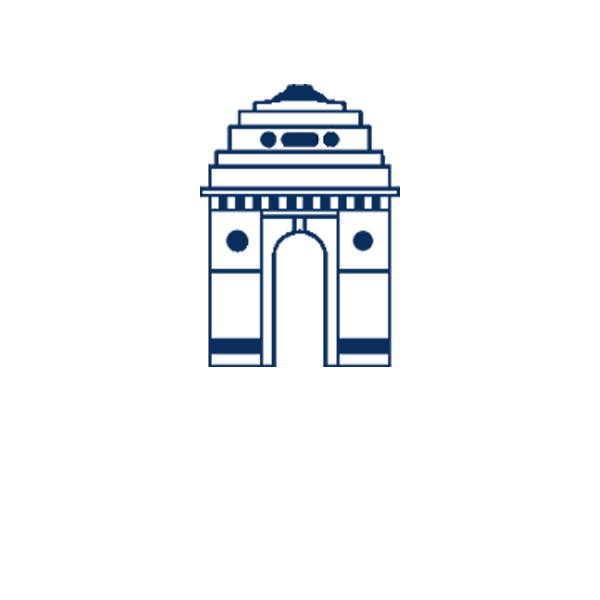Solar Components are important for every home solar electric system to help in producing electricity and converting it into the alternating current; thereby using in home appliances, storing excess electricity, and maintain safety.
Solar components are classified into seven categories such as Solar Pumps, Solar Charge Controllers, Solar Combiners, Solar Mounting Structure, Solar Tools, Solar Cables, and Solar Surge Protection Devices. These all are functioned using solar energy (sunlight), which turns into electricity. The entire solar components are manufactured and stringently inspected as per International Quality and Safety Standard.
Solar Pump
The solar pump is a solar water pumping system operated using solar energy to pump clean water. The solar pump is ideal, especially for rural localities (beyond the reach of power lines), where people are unable to avail of electric consumption by using the local electricity grid.
Solar pump or solar-powered water pump is in demand due to its robust construction, easy installation, eco-friendliness, and minimum maintenance. Solar pumping is the best alternative for fuel-burning generators and windmills, in which the electricity is provided by one or several Photovoltaic (PV) panels to offer water even if using without electricity. The water supplied by the solar pump is used to irrigate crops, provide clean drinking water, and also offer water for livestock. Apart from these, some other application areas for which solar water pumping system is used including fountains, pools, ponds, and home pumps.
A solar water pumping system consists of a solar panel that provides power to an electric motor, which in turn is capable of powering a bore or surface pump. Hence, the water is pumped from the ground into a storage tank that provides a gravity feed, and for this reason, energy storage does not require for the solar pumping system. The life span of a solar pump or solar water pumping system is a maximum of 20 years, but a solar panel of the pumping system needs cleaning from time to time to run properly. People can purchase it as per their requirements because the solar pump price is varied from its manufacturing capacity, sizes, patterns, and different brands.
Benefits of using solar pump
• Runs without electricity
• Operates using available free sunlight, hence free from fuel cost
• Known for its long operational life
• Acknowledged for its reliability, durability, smooth operation and easy maintenance
• Popular due to its eco-friendly nature
Solar Charge Controller
The solar charge controller is a device, which maintains the proper charging voltage in batteries of any solar appliances. All solar electric systems with batteries should have solar charge controllers. The solar charge controller regulates the voltage, prevents overcharging and allows batteries to charge when required, because batteries can be overcharged if it feeds continuous voltage.
The main function of solar charge controller is to prevent overcharging of the batteries and regulates the amount of current the PV modules feed into a battery bank. However, charge controller can block battery bank current from leaking back into the photovoltaic array during night or cloudy times for saving to drain the battery bank.
Most home solar systems are built with a battery backup controlled using solar charge controller, which ensures that a consistent amount of electrical power is sent to the and the backup batteries of any solar system do not discharge during night or absence of sunlight. Solar charge controller price is very minimal so that anyone can buy it as per their necessities.
Solar charge controller or solar battery charger comes with two types of sizes and technologies such as MPPT (Maximum Power Point Tracking) and PWM (Pulse Width Modulation) that are capable of functioning an off-grid power bank system properly. Charge controller is used within an off-grid or hybrid solar system with appropriate battery back-up.
Benefits of solar charge controller
• Works to control voltage and watts from Solar Panels
• Reduces the voltage of solar panels when a solar battery’s voltage is high
• Helps to maintain stable energy by preventing overcharging and protecting against overvoltage
• Stops reverse current during night or when sunlight is not available
Solar Combiner
The solar combiner or solar combiner box is a device operated using solar energy (sunlight) that combines the output of multiple strings of PV modules for connection to the inverter. Solar combiner is developed in such a way to bring the output of several solar strings together. Usually, each string conductor lands on a fuse terminal and the productivity of the fused inputs are then joined onto a single conductor that connects the combiner box to the inverter.
Solar combiner box also combines incoming power into one main feed, which distributes to a solar inverter that is capable of saving labor and material costs through wire reductions. Solar combiner is engineered even to provide overvoltage as well as overcurrent protection facilities to enhance inverter protection and reliability.
The solar combiner generally exist in between the solar modules and inverter, which is the correct position. Solar combiner can limit power loss when it is positioned in the solar system. Solar panel combiner box and solar string combiner box are two different types of solar combiner. Moreover, solar combiner is usually used in the larger commercial and utility scale PV power plants (greater than 500kW).
Benefits of using solar combiner
• Helps in improving safety of solar panels and the entire photovoltaic plant
• Helps in protecting the system against dust, heavy seas or powerful jets of water, chemicals and high UV rays
• Available with Global accessibility, which ensures on-site delivery at any part of the world
• Obtainable in six different enclosure sizes flexible facilities to cover the range up to 32 strings
Solar Mounting Structure
Solar mounting structure is also known as solar panel mounting structure are used to fix solar panels on roofs, building facades, or the ground, which enables in retrofitting of solar panels on roofs or as part of the structure of the building (called BIPV).
Photovoltaic mounting systems (also called solar module racking) are used to fix solar panels on surfaces like roofs, building facades, or the ground. These mounting systems generally enable retrofitting of solar panels on roofs or as part of the structure of the building (called BIPV).
The solar module mounting structure is the supportive configuration of solar panels that holds an array of solar panels to the ground. When you see any solar panel, which is fixed either on rooftops or on the ground, you see them attached on solar panel mounting structures. The foremost function of any solar mounting structure is to support solar panels on the ground, or on the rooftops only by using sunlight or natural energy. Mounting structure of solar panel or solar panel mounting structure is generally made of steel, which stimulates for protection against corrosion. On the other hand, solar mounting structure is also made using aluminium if it’s lightweight.
Advantages of solar mounting structure
• Requires little or no maintenance
• Easy to handle at the site
• Useful for its 100% anti-corrosive property till its life time
• Solar mounting structure price comes about 10% of total system cost for large solar power plants and about 15% for smaller power plants
• Hassle free fitting technique even for layman
• Helps faster installation due to its adjustable rail guide
Solar Tool
Solar tool is crucial for installation of every solar system. Voltage Drop Calculator, Screw Driver, Hammer Rails, Sun Position Applications, and R&D Software are the solar tools designed specifically for solar installations. Solar tools are important for those working in a do it yourself environment, thus helping them for physical applications such as installing racking.
Some tools used in solar installation are designed for simple applications such as disconnecting solar connections, while others used for more complex uses like wire crimping die sets. Solar tools are divided into several categories such as solar panel cleaning tools, solar panel installation tools, solar panel tools, solar installation tools, solar energy tools, solar testing tools, solar maintenance tools, solar site survey tools, and solar system tools.
Advantages of solar tool
• Easy installation
• Robust design to configure with solar systems
• Reduces electricity bills
• Low maintenance cost and renewable energy source
• Advanced technology development
Solar Cable
A solar cable is a kind of interconnection cable used in photovoltaic power generation – interconnects solar panels and other electrical components of a photovoltaic system. Solar cables are designed with the features like UV resistant and weather resistant that enable solar cable to use within a large temperature range and generally laid outside.
Solar cable is designed for connecting photovoltaic power supply systems and dedicated to the photovoltaic system direct current (D.C.) side with a nominal D.C. voltage of a 1.5 kv. Slar DC cable can be used in both indoor and outdoor for flexible and fixed installations with high mechanical strength even in extreme weather conditions. Solar cable is designed and manufactured in such a way to withstand the challenging environmental circumstances that may arise in any fixed, mobile, roof or architecturally integrated photovoltaic installation purposes. Solar cable is designed to use for the best functionality of solar panel controller and components of solar system.
Advantages of solar cable
• Safety and longevity
• Affordable pricing
• Easy installation facility
• Wider application areas using only natural energy
Solar Surge Protection Device
Solar surge protection device is used to offer protection to several solar farms that generally use photovoltaic (PV) systems to produce clean energy for consumer or industrial use, which may create serious potential damage due to their specific physical makeup.
A solar surge protection device helps prevent damage to electronic equipment or machinery by diverting the extra electricity from the hot power line into a grounding wire. Solar surge protector is useful for solar panels as such pieces especially prone to lightning strikes due to their large surface area, such as on rooftops or ground-mounted in open spaces.
Advantages of using solar surge protection device
• Low maintenance
• Excellent conductivity
• Durability or long lasting
• Superior performance









-600x600.png )
-600x600.jpg )
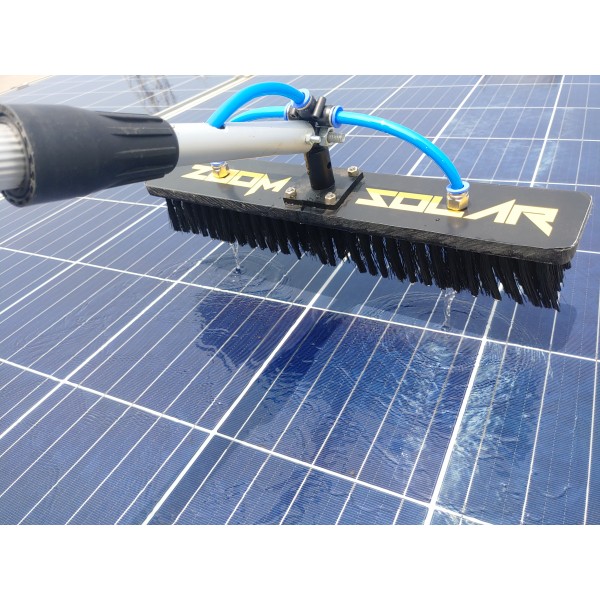
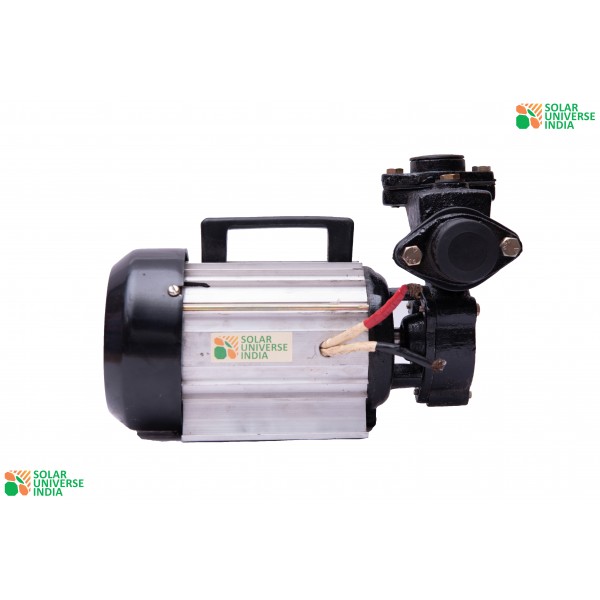
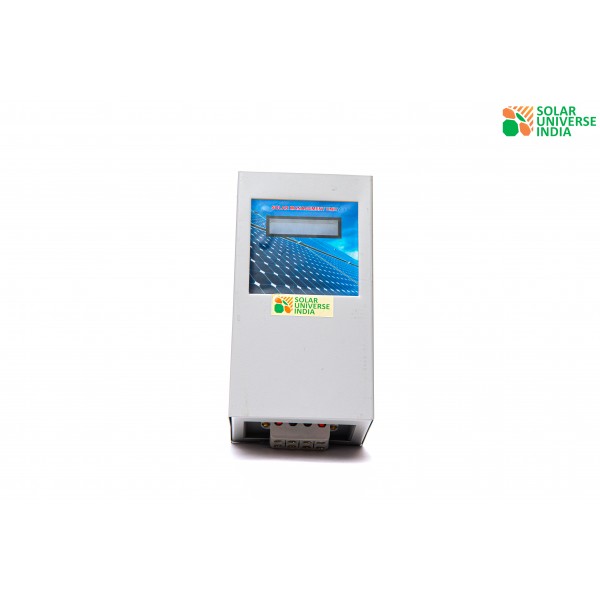
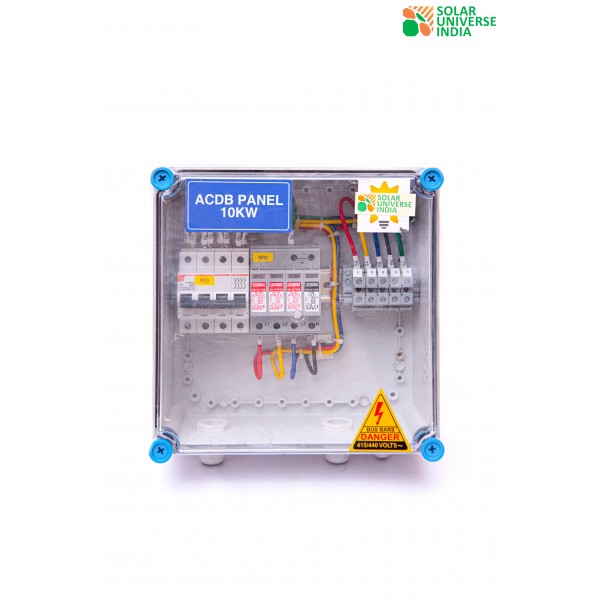
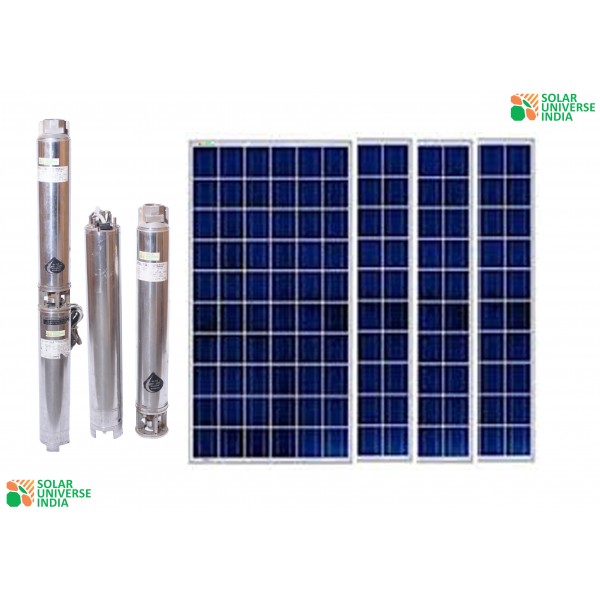
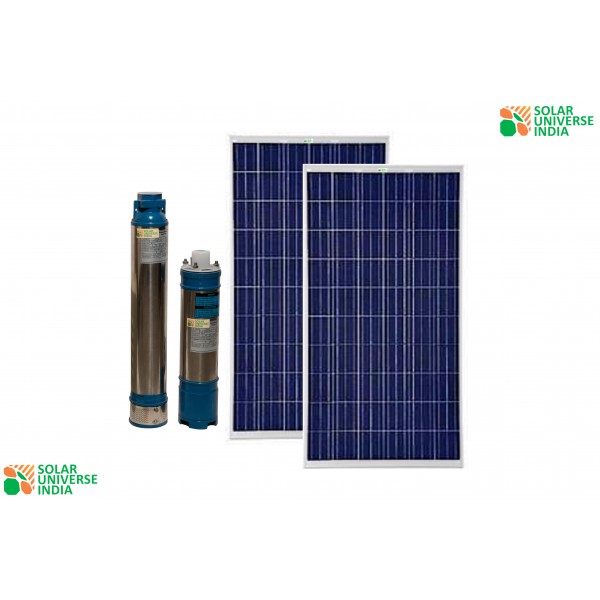
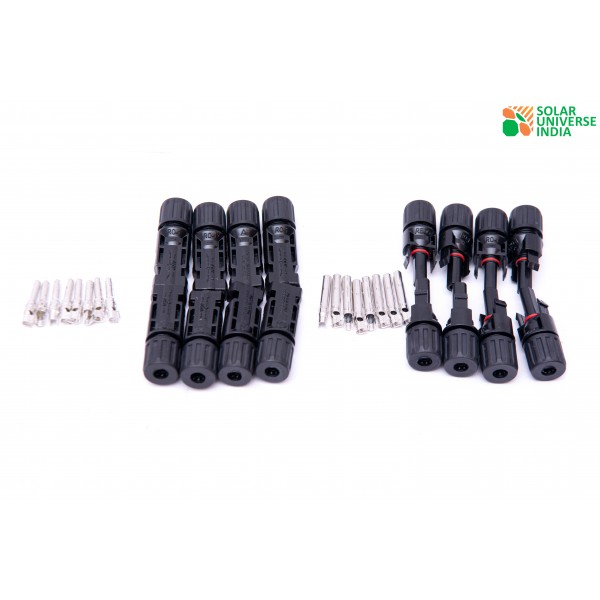
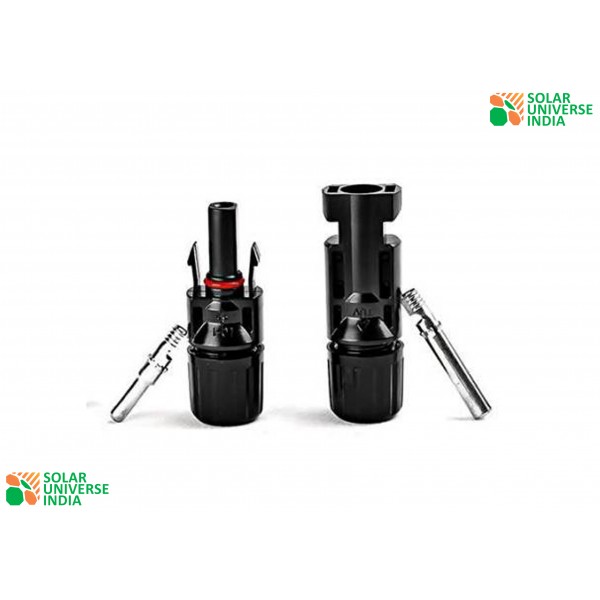
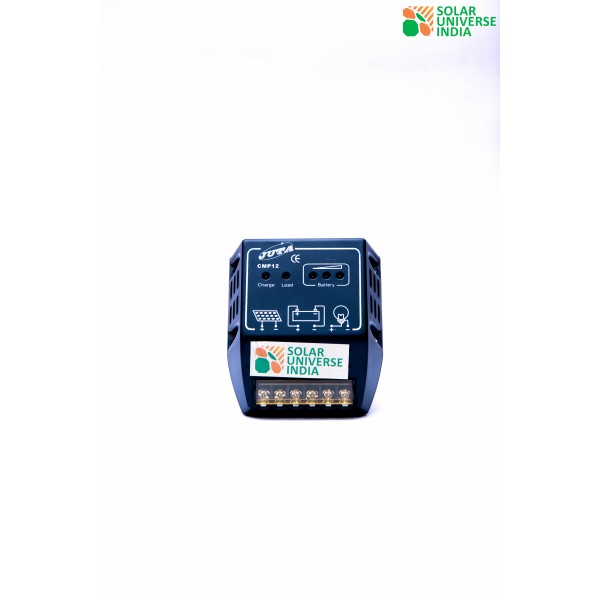
-600x600.jpg )
